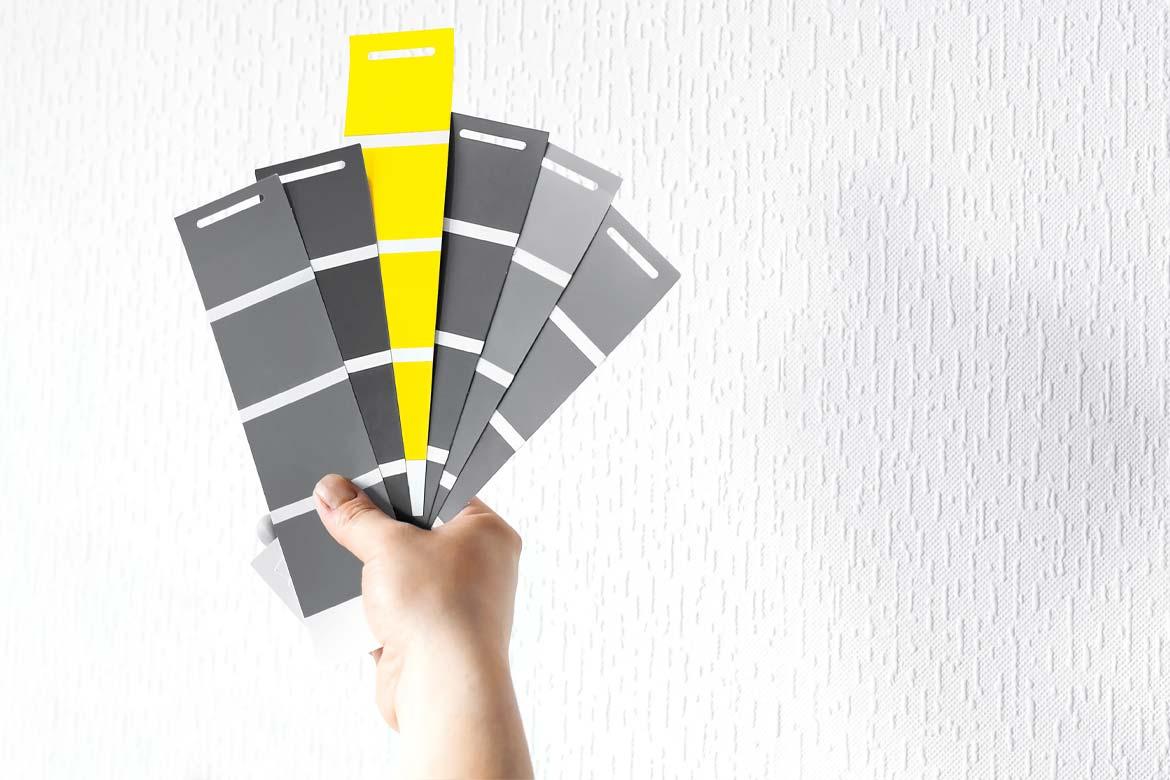-
-
Featured Care Areas

Bladder Cancer
What is bladder cancer?
Bladder cancer is the abnormal growth of tissues in the bladder, an organ that lies inside the pelvis. When the cells in the bladder divide uncontrollably and produce extra tissue, they develop into a growth, also known as a tumour.
Bladder cancer that is restricted only to the lining of the bladder wall is called superficial bladder cancer. However, if the cancer spreads to the muscle wall and other organs including the lungs, liver and bone, it is known as invasive bladder cancer.
Types of bladder cancer
There are 3 types of bladder cancer:
Adenocarcinoma
This is cancer that forms in mucus-secreting glands.
Squamous cell carcinoma
This is cancer that develops from cells on the lining of organs.
Transitional cell/urothelial carcinoma
This is cancer that occurs in the urinary system.
What are the symptoms of bladder cancer?
These include:
- Blood in the urine
- Frequent urination
- Painful sensation while urinating
These symptoms are also present in less serious conditions such as urinary tract infections and urinary stones.
What causes bladder cancer?
The specific cause of bladder cancer is unclear. However, various factors have been linked to the increased risk for bladder cancer. These include:
- A diet high in saturated fat and regular intake of certain herbs or medications
- Chronic bladder infection and parasite infections
- Smoking, which is responsible for more than 50% of all bladder cancer cases
- Age, especially in those above the age of 70
- Ethnicity (Caucasians) and a family history of bladder cancer
- Long-term exposure to chemicals in the environment, such as hair dye and aniline dyes used in textile and rubber industries
- Treatment of other cancers, such as radiotherapy to the pelvis area, or chemotherapy with a drug called cyclophosphamide
This page has been reviewed by our medical content reviewers.
Need help?
For enquiries, please call
+65 6575 7575
For appointment bookings, please WhatsApp
+65 8111 9777




